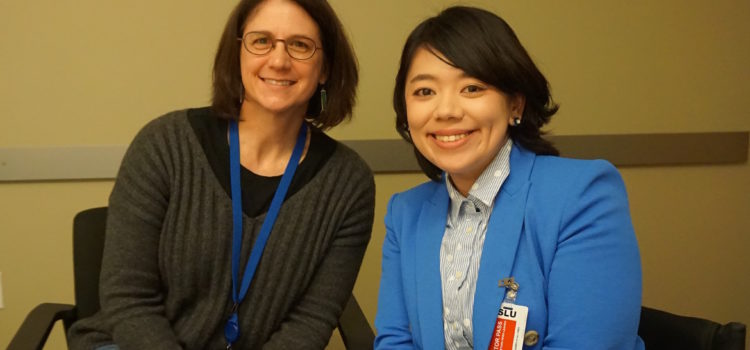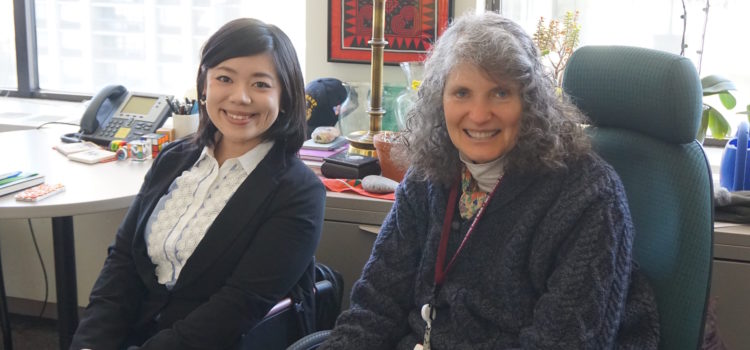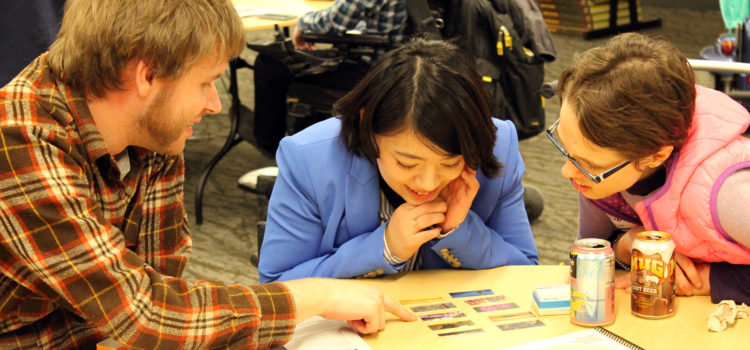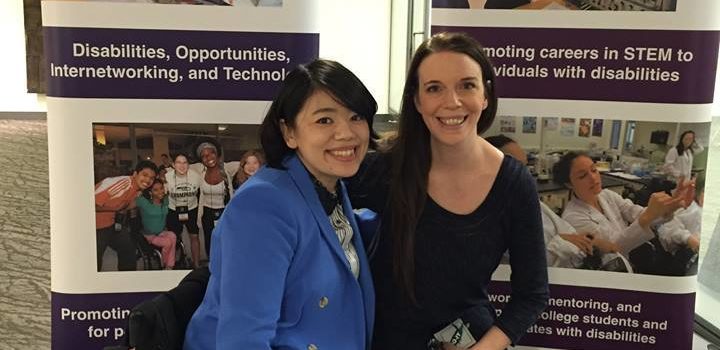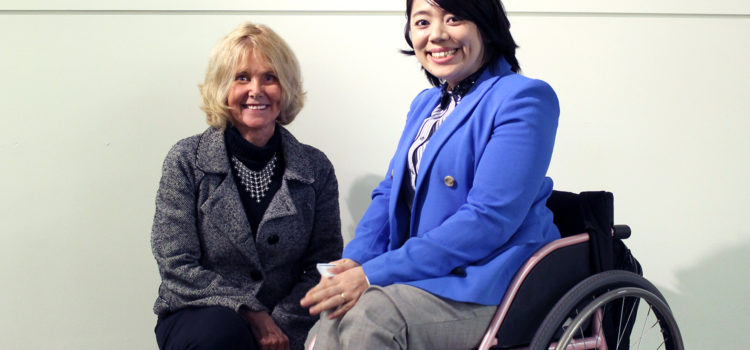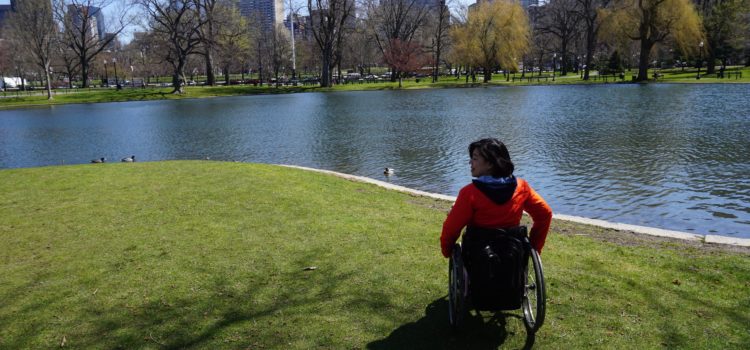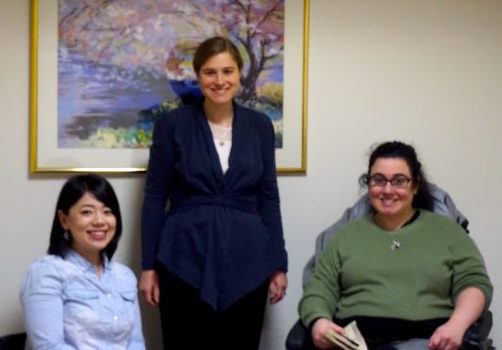In Seattle, I visited a company which I cannot live without. It is Amazon. There are two big interesting findings at Amazon. First, is the procedure of providing reasonable accommodation, and the second is rich accessibility in internal training programs. At Amazon, I have found that there are various choices and opportunities that all employees can take and expand their possibilities. And of course, employees with disabilities are included.
All Employees Can Take and Expand Their Possibilities ~Amazon~
